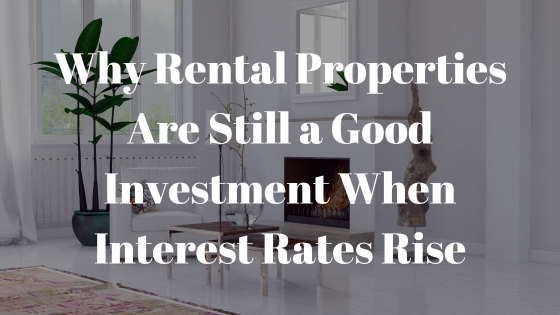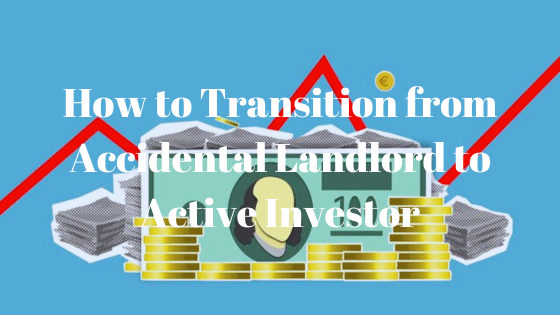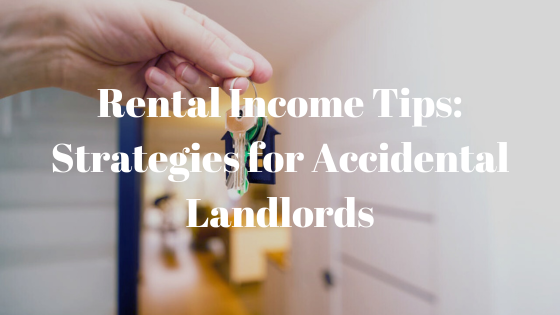Why Rental Properties Are Still a Good Investment When Interest Rates Rise

Are you wondering if your rental properties can still shine as sterling investments in the face of rising interest rates? You're not alone. Many landlords have this concern, but the good news is that investing in real estate remains a robust choice, even when the economic landscape shifts.
This article will explain the resilience of rental properties, offering insights on how they can continue to generate steady income and appreciate in value over time, despite fluctuating interest rates. Keep reading to learn more!
Future Potential of Rental Property Investments
Think of rental properties as the kind of investment that gets better with age. While some lucky folks might hit a jackpot early with snazzy upgrades or killer deals that bring in the dough right away, most of the magic happens when you play the long game in real estate.
When we peek at the numbers, it's tempting to just look at today's cash flow and call it a day. But that's just a snapshot! What about when rents go up (and your mortgage stays the same), or your property's value climbs, or more people want to live there, or your money buys more tomorrow than today? All these goodies add up over time, turning your rental property into an investment goldmine.

Generating Income Through Rental Property Investments
Let’s discover the diverse ways rental properties can become a consistent source of income, from monthly rents to long-term appreciation.
Cash Flow
Cash Flow represents the net amount you pocket each month after all expenses, including mortgage, maintenance, and management fees, are paid. It's the steady, monthly income that provides financial stability and passive income to investors.
Appreciation
Over time, the value of your property is likely to increase, thanks to market dynamics and improvements you make. This appreciation builds your wealth silently, offering a potential lump sum profit if you decide to sell in the future.
Tax Benefits
Owning rental property comes with tax perks. You can deduct a variety of expenses, including mortgage interest, property tax, operating expenses, and depreciation. These deductions can significantly lower your tax bill, effectively putting more money back in your pocket.
Equity Build-Up via Mortgage Paydown
Each month when you collect rent and pay your mortgage, a portion goes toward the principal amount, gradually increasing your equity in the property. This process is like a forced savings plan, growing your investment without extra effort on your part.
Hedging Against Inflation

Rental properties can serve as a hedge against inflation. As living costs rise, so can your rental rates, ensuring your income keeps pace with inflation. This makes real estate a smart investment to protect your purchasing power over time.
How to Increase Rental Profits
Boosting your rental profits while keeping those pesky expenses low might sound tricky, but with a few savvy moves, you can make your property work harder for you. Here's how:
Small Improvements in The Property
Sometimes, it's the little touches that make a big difference. Think about freshening up the paint, updating fixtures, or adding some curb appeal with landscaping.
These minor tweaks won't break the bank but can make your investment property more appealing to potential tenants, allowing you to command a higher rent.
Picking The Right Location
Location is everything in real estate, right? A property in a desirable area thinks good schools, good amenities, and transport links can naturally fetch higher rents.
If you're in the market for a new rental property, consider the location's long-term prospects, not just the current situation. A growing or revitalising area could mean bigger profits down the line.
Optimise Rental Rates
Setting the right rent price is like hitting the sweet spot in a game of tennis. Too high, and you might scare off potential tenants; too low, and you're leaving money on the table.
Do a little detective work to see what similar properties in your area are charging. Remember, you can always adjust rates at
lease renewal times, keeping in line with market trends.

Effective Marketing
Don't just list your property; sell it! Good marketing can reduce vacancy times and attract quality tenants. Use high-quality photos and write a compelling description highlighting your property's best features.
Get the word out on popular rental websites, social media, and even community boards. The faster you find the right tenant, the sooner you'll start earning rental income.
Key Takeaways
After reading this, you might think that holding onto a rental property for the long haul guarantees profitability, assuming that over time, your expenses will balance out and turn into profit. However, this isn't a one-size-fits-all outcome.
The reality is, not every rental property ends up being profitable, with numerous factors potentially impacting your earnings. It's crucial to approach property investment with caution, steering clear of speculative investments which often don't deliver as hoped.
This article aims to clarify that while higher interest rates might seem daunting, they don't necessarily spell doom for your rental income. It's about adopting the right perspective and analytical tools to assess potential investments wisely.
Education is key in this journey. What you consider a high interest rate might actually be the norm, especially if you're accustomed to the historically low rates we've seen in recent times. This shift in perspective is essential to avoid the trap of thinking that profitability is only possible with extremely low mortgage rates.
If interest rates are a major concern, consider increasing your down payment. This not only reduces your monthly payments but might also secure you a more favourable interest rate, easing the financial pressure and potentially leading to better profitability in the long run.
Parting Words
Wrapping up, it's clear that rental properties can still be a savvy investment choice, even as interest rates tick upwards. The trick is to stay informed, make smart decisions, and remember that real estate is a long-term game.
If managing your investment feels overwhelming, especially in fluctuating markets, consider bringing in the pros. Dawson Property Management offers expert guidance and services to maximize your returns and minimize the hassle.
Partnering with a trusted property management team like Dawson can make your investment journey smoother and more profitable. So, why not let the experts handle the heavy lifting while you watch your investment grow?







